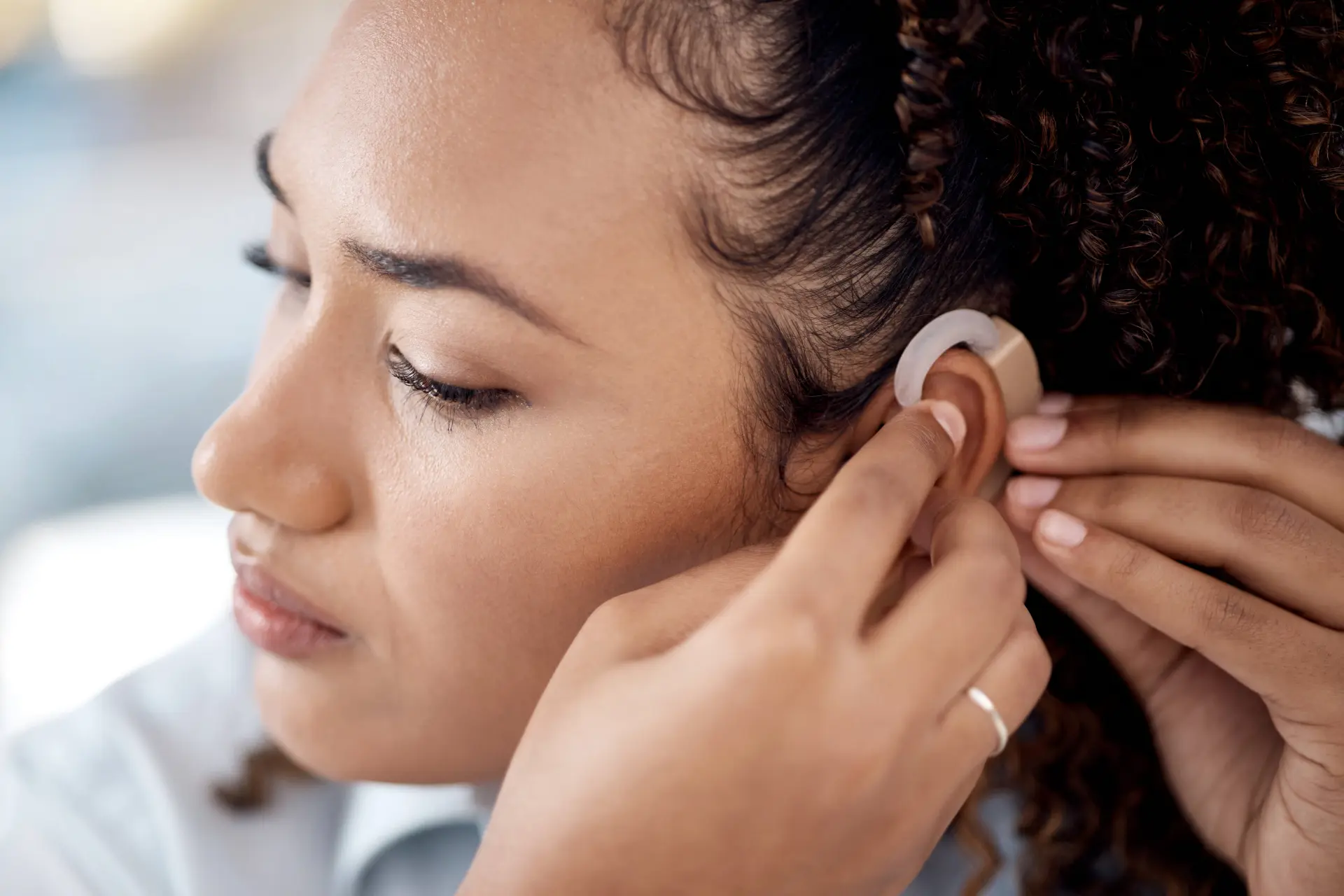For the deaf or those with severe hearing loss, the introduction of cochlear implantation was transformative. The first implant was performed in Vienna in 1977 and by 2022 more than one million of the devices had been implanted worldwide.
A cochlear implant is not a hearing aid. These complex electronic devices are designed to mimic the cochlea, which is essentially a hollow tube deep in the ear that plays an important part in hearing.
Children as young as six months can receive a cochlear implant. While their use has had a profound impact on people’s lives, it is still a mechanical device with limitations and the risk of defects.
In 2020, Advanced Bionics sent an Urgent Field Action Notification to healthcare providers informing them that the company had detected an increase in the number of devices being removed or that had the potential of being removed due to performance issues, which included reports of hearing performance degradation as well as other issues.
What Is a Cochlear Implant?
Cochlear implants should not be confused with hearing aids. A hearing aid is an option for those with mild to severe hearing loss. It makes sounds louder so that they can be heard by damaged ears. A cochlear implant is much different, bypassing damaged portions of the ear to directly stimulate the auditory nerve. The implant generates signals that are sent by way of the auditory nerve to the brain, which recognizes those signals as sound.
They are recommended for people who are deaf or those who can no longer function with a hearing aid. They can also help people with types of sensorineural hearing loss such as auditory neuropathy or auditory dys-synchrony. This can be compared to listening to a radio station that is stuck between channels. The sound is sometimes clear but, for the most part, the person is just getting a gibberish of static. Hearing aids would not help because all they would do is amplify the static.
Users of cochlear implants report an improved ability to hear speech without needing visual cues such as reading lips. They can better listen in a noisy environment, find where sounds are coming from and say their ability to hear television programs, music and telephone conversations is improved.
A cochlear implant requires a surgeon to make a small incision behind the patient’s ear to form a small hole in the skull where the internal device will rest. A small opening in the cochlea organ is created to thread the electrode of the internal device, which is stitched under the skin. An external processor is then placed behind the ear.
Sound signals are sent from the processor to the internal device and these signals are received by the auditory nerve and directed to the brain, which interprets the signals as sound.
What Are the Risks?
Cochlear implant surgery is considered very safe, according to the Mayo Clinic. However, there are risks. The procedure can cause a loss of any remaining, unclear, natural hearing in the implanted ear. Meningitis can occur after cochlear implant surgery. Additional surgery may also be needed to repair or replace a faulty internal device.
The Mayo Clinic states complications from surgery are rare but can include:
- bleeding;
- facial paralysis;
- infection at the surgery site;
- device infection;
- balance problems;
- dizziness;
- taste problems;
- new or worsened ear noise; and
- spinal fluid leak.
There is also the risk that the device could fail, which would lead to further surgical procedures to remove and possibly replace the device. When things go wrong some people choose not to have the devices re-implanted for fear of going through further hardship. Many of the complications reported are infection-driven and lead to such issues as severe migraines.
It is reported that the most common cause for the removal of a cochlear implant is a failure with the device itself, although studies show the percentage of malfunctions is low, ranging from four to 10 per cent.
The National Library of Medicine states major complications “usually have to do with surgical technique and include flap necrosis, improper electrode placement, and rare facial nerve problems.” Minor complications include splitting or bursting open of incisions, infection, facial nerve stimulation and dizziness.
Why Was the Advanced Bionics Cochlear Implant Recalled?
On Feb. 17, 2020, Advanced Bionics announced the recall of two cochlear implant models, the HiRes Ultra and HiRes Ultra 3D, because of reports of hearing degradation.
Advanced Bionics describes itself as “a global leader providing solutions for severe-to-profound hearing loss.” In the past 30 years, Advanced Bionics devices have been implanted in more than 100,000 ears in more than 130 countries.
The company reported the device failures resulted from fluid ingress at the electrode leading to interruption of stimulation. The defect was discovered during “the device failure analysis” of an implant that was removed on March 26, 2019, states Health Canada.
Defective devices may have to be surgically removed and replaced.
The largest single demographic for cochlear implants in Canada is children.
The Canadian Agency for Drugs and Technologies in Health reports:
- there has been a steady increase in the number of implantations across all age groups in Canada since their approval by Health Canada in 1990;
- up until 2007, 4,244 Canadians had received implants (2,534 adults and 1,710 children);
- as many as 2,350 children up to 18 years old have received cochlear implant surgery in Canada as of May 2011;
- the devices are implanted most frequently in children under the age of eight; and
- the age ranges of 12 to 18 months and 12 to 24 months is the most common ages for surgical implantation, several jurisdictions indicated.
We Can Help.
Gluckstein Lawyers is interested in hearing from other law firms with clients who have been impacted by the Advanced Bionics recall. Please contact our Cochlear Implant Class Action lawyers for more information.

